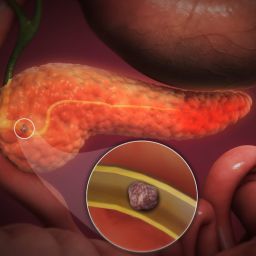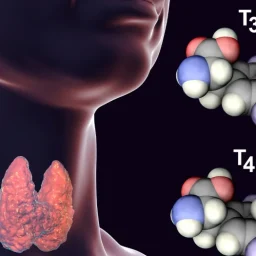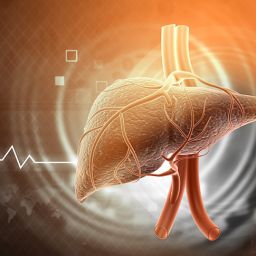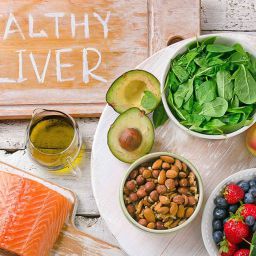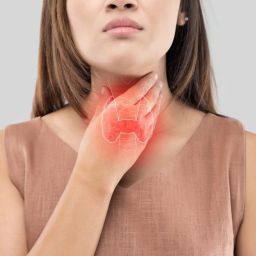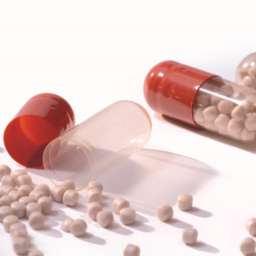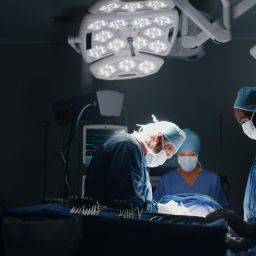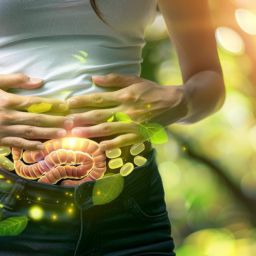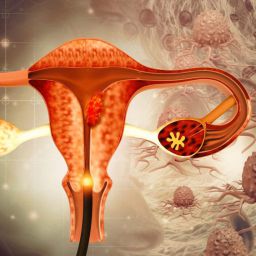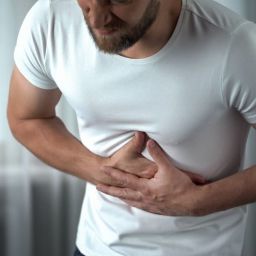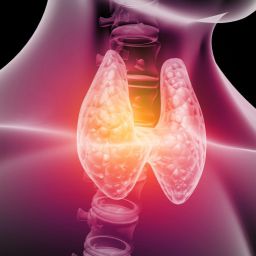
1. The Importance of Nutrition During Cancer Treatment
Cancer treatments such as surgery, chemotherapy, radiation therapy, and immunotherapy can have a profound effect on the body. While these treatments target and kill cancer cells, they also affect healthy cells, leading to side effects such as fatigue, nausea, loss of appetite, digestive issues, and weakened immune function.
Maintaining adequate nutrition during cancer treatment is critical for:

- Maintaining Energy Levels: Cancer treatments can leave patients feeling fatigued and weak. A well-balanced diet can help combat fatigue, providing the body with the energy needed to endure treatment.
- Supporting the Immune System: A strong immune system is vital for fighting infections and recovering from treatment. Proper nutrition helps keep the immune system strong.
- Managing Treatment Side Effects: Many cancer treatments cause side effects such as nausea, mouth sores, and loss of appetite. A nutrition plan can be designed to alleviate some of these issues.
- Promoting Healing and Recovery: Nutrition plays a key role in the body’s ability to heal and repair tissues damaged by cancer treatments. Adequate protein, vitamins, and minerals are needed to support tissue regeneration and recovery.
2. Essential Nutrients for Cancer Patients
A cancer treatment diet should include essential nutrients that support overall health, bolster immune function, reduce inflammation, and promote healing. Here are the key nutrients to focus on during cancer treatment:
Protein
Protein is one of the most important nutrients during cancer treatment, as it helps maintain muscle mass, repair tissues, and support the immune system. Cancer patients often experience muscle wasting and weight loss, so ensuring an adequate intake of protein is vital.
- Sources of Protein: Lean meats (chicken, turkey), fish, eggs, dairy products, tofu, beans, legumes, and nuts are excellent sources of protein.
- How Much Protein? The amount of protein required can vary depending on the type of cancer and treatment. Generally, cancer patients should aim for 1.2 to 2.0 grams of protein per kilogram of body weight per day.
Carbohydrates
Carbohydrates provide the body with energy, which is essential during cancer treatment. However, it’s important to choose complex carbohydrates, which are rich in fiber and nutrients.
- Sources of Healthy Carbs: Whole grains (brown rice, quinoa, oats), vegetables, fruits, and legumes are excellent sources of complex carbohydrates.
- Avoid Simple Sugars: While cancer patients may crave sweets due to treatment-related changes in taste, it is advisable to limit simple sugars and opt for healthier alternatives like fruits.
Fats
Healthy fats are essential for hormone regulation, inflammation reduction, and the absorption of fat-soluble vitamins (A, D, E, and K). Omega-3 fatty acids, in particular, have anti-inflammatory properties and may help manage cancer-related symptoms.
- Sources of Healthy Fats: Avocados, olive oil, nuts, seeds, and fatty fish (salmon, mackerel, sardines) are excellent sources of healthy fats.
- Omega-3 Fatty Acids: These healthy fats, found in fatty fish, flaxseeds, and walnuts, are known to reduce inflammation and may help improve the body’s response to cancer treatment.
Vitamins and Minerals
Cancer treatment can deplete the body’s stores of essential vitamins and minerals, leading to deficiencies. Certain vitamins and minerals play a crucial role in supporting the immune system, reducing inflammation, and promoting healing.
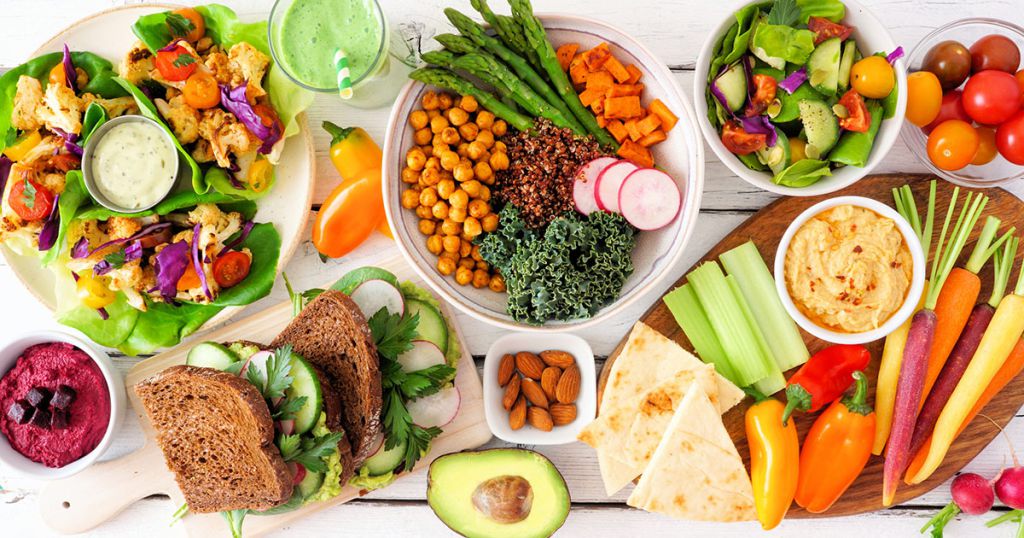
- Vitamin C: Known for its immune-boosting properties, vitamin C is found in citrus fruits, strawberries, bell peppers, and broccoli.
- Vitamin D: Vitamin D is vital for bone health and immune function. Sources include fortified foods, fatty fish, and sunlight.
- Iron: Iron helps prevent anemia, a common side effect of cancer treatment. Red meat, poultry, lentils, spinach, and fortified cereals are good sources of iron.
- Calcium: Essential for bone health, especially in patients undergoing treatments like chemotherapy or radiation. Dairy products, leafy greens, and fortified non-dairy milks are good sources of calcium.
Hydration
Staying hydrated is equally important during cancer treatment. Dehydration can worsen fatigue, cause headaches, and contribute to constipation. Patients who experience nausea, vomiting, or diarrhea may be at higher risk of dehydration.
- Water: The best source of hydration.
- Electrolyte Drinks: In cases of vomiting or diarrhea, electrolyte drinks (like coconut water or sports drinks) can help replenish lost minerals.
- Herbal Teas: Mild herbal teas such as ginger or peppermint can also soothe the stomach and promote hydration.
3. Dietary Strategies During Cancer Treatment
While the individual needs of cancer patients vary depending on the type of cancer, treatment, and stage of recovery, the following dietary strategies can help strengthen the body during treatment:
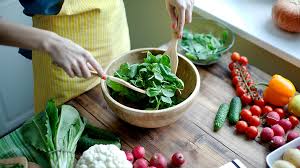
Eat Small, Frequent Meals
Cancer treatments can cause loss of appetite, nausea, or difficulty swallowing. Eating small meals throughout the day—rather than three large meals—can help ensure that the body is getting enough nutrients without overwhelming the digestive system.
- Snacks: Include nutrient-dense snacks such as nuts, yogurt, cheese, or protein shakes to supplement meals.
- Easy-to-Digest Foods: Focus on foods that are easy to digest, such as soups, smoothies, and pureed vegetables, if necessary.
Focus on High-Calorie, Nutrient-Dense Foods
During treatment, cancer patients may struggle to maintain weight or experience weight loss. Choosing high-calorie, nutrient-dense foods can help prevent malnutrition.
- Examples: Full-fat dairy products, nut butters, avocados, and smoothies made with fruits, vegetables, protein powder, and healthy fats are great options.
Incorporate Antioxidant-Rich Foods
Antioxidants help fight oxidative stress and protect the body’s cells from damage. They are particularly important for cancer patients who may be undergoing radiation therapy or chemotherapy, which can cause oxidative damage.
- Antioxidant-Rich Foods: Include a variety of colorful fruits and vegetables, such as berries, carrots, spinach, kale, and tomatoes, as well as green tea, which is rich in antioxidants.
Avoid Irritating or Hard-to-Digest Foods
Certain foods may worsen symptoms such as nausea, mouth sores, or digestive issues. Avoiding spicy, acidic, or hard-to-digest foods can make eating more comfortable.
- Foods to Avoid: Spicy foods, citrus fruits, acidic foods like tomatoes, fried foods, and tough cuts of meat should be avoided during treatment.
- Soft and Bland Options: Opt for soft, bland foods such as mashed potatoes, rice, scrambled eggs, and oatmeal.
Consider Probiotics for Gut Health
Cancer treatments can affect the gut microbiome, leading to digestive issues such as diarrhea, constipation, and bloating. Probiotics may help restore the balance of beneficial bacteria in the gut, which can alleviate some digestive discomforts.
- Probiotic Foods: Yogurt, kefir, miso, and fermented foods like sauerkraut are good sources of probiotics.
4. Supplements During Cancer Treatment
While a well-balanced diet should provide most of the necessary nutrients, some cancer patients may need supplements to address specific deficiencies or nutritional needs.
Consult a Healthcare Professional
Before taking any supplements, it is essential to consult with a healthcare provider or a registered dietitian, as some supplements may interfere with cancer treatments or medications.
- Common Supplements: Vitamin D, iron, omega-3 fatty acids, and B vitamins are often recommended during cancer treatment. However, the dosage and type of supplement should be tailored to each individual’s needs.
5. Adapting to Changing Needs
During cancer treatment, a patient’s nutritional needs and preferences can change from week to week. It’s important to be flexible and adjust the diet based on current symptoms, energy levels, and appetite. Keeping track of what works and what doesn’t can help refine the nutrition plan over time.
Support from a Dietitian
A registered dietitian who specializes in oncology nutrition can be an invaluable resource. Dietitians can help create a personalized meal plan, offer strategies to manage side effects, and recommend foods that support healing.
Proper nutrition is a vital component of cancer care, helping to manage the side effects of treatment, maintain energy levels, support immune function, and promote healing. By focusing on nutrient-dense foods, staying hydrated, and adjusting the diet to meet the body’s changing needs, cancer patients can strengthen their bodies and improve their overall quality of life during treatment.
While cancer treatments can be challenging, taking steps to optimize nutrition can have a significant impact on the body’s ability to tolerate therapy, recover more quickly, and improve overall well-being. If you or someone you know is undergoing cancer treatment, it’s essential to work closely with healthcare providers to create a tailored nutrition plan that supports optimal health during this critical time.

